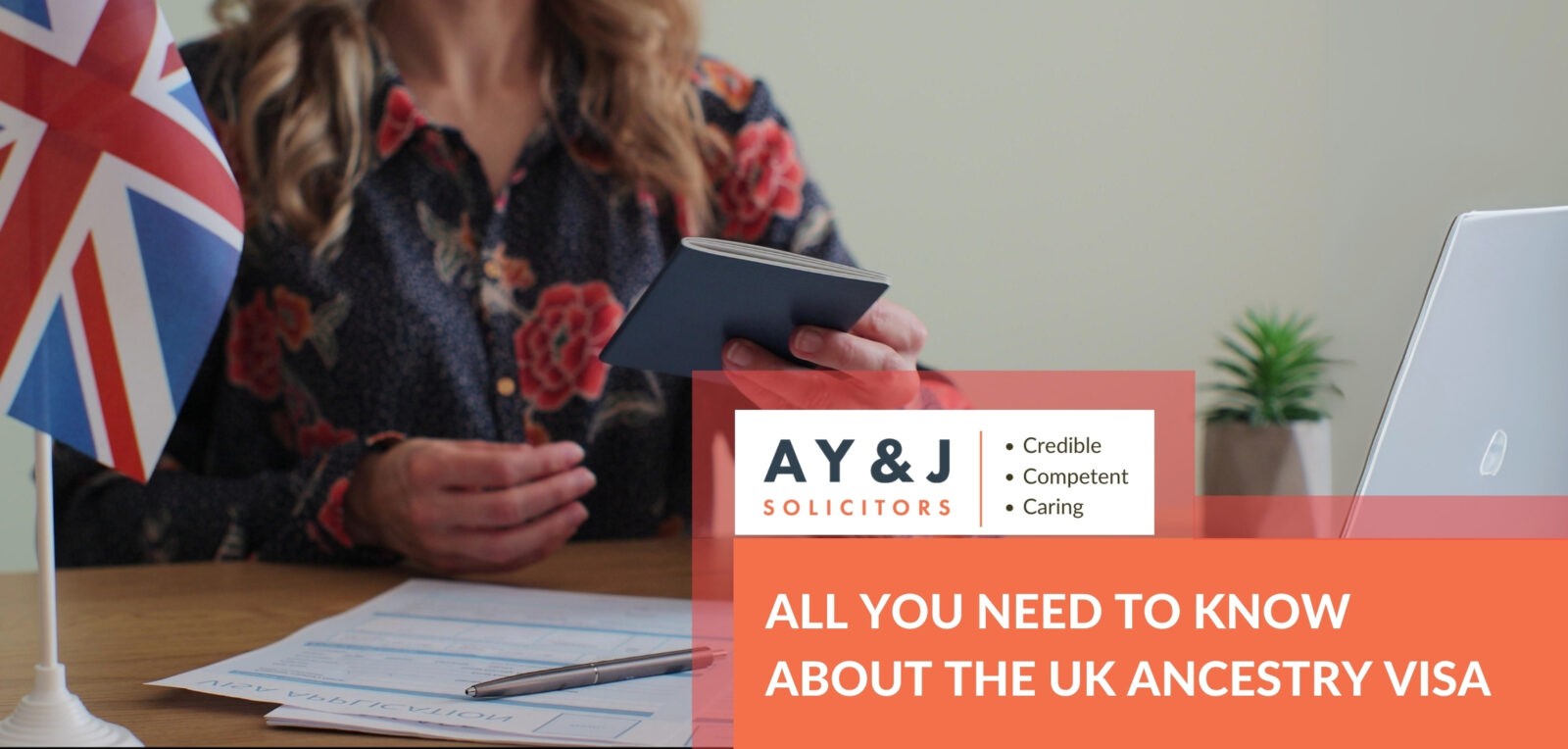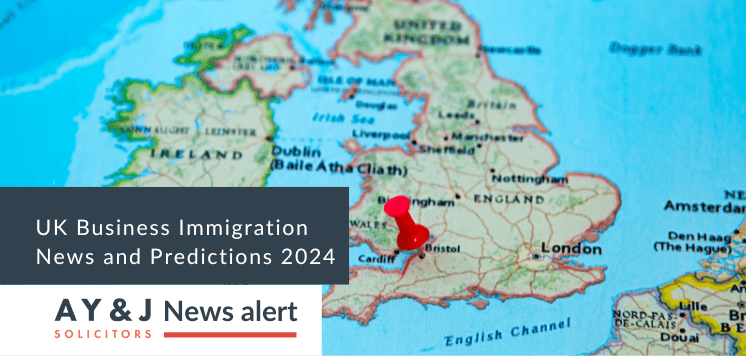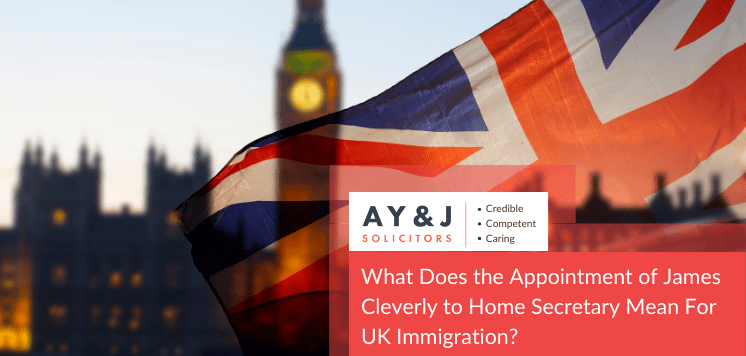Disclaimer: The information in this blog is accurate as of its publication date. Any updates after that date are not reflected here.
If you have an ancestral link to the UK, you may be eligible for a UK Ancestry visa. The UK Ancestry visa is extremely flexible, allowing holders to work and study for up to 5 years at a time. In this article, we will explain all you need to know about the UK’s Ancestry visa, including the benefits, who it is for, the eligibility criteria, the application process, the documents you will need to provide, and the costs.
Table of Contents
What is the UK Ancestry visa?
The UK Ancestry Visa allows Commonwealth citizens, British overseas citizens, British overseas territories citizens, British nationals (overseas), and citizens of Zimbabwe with ancestral links to the UK to come here for up to 5 years. To prove an ancestral link, applicants must have a grandparent who was born either in the UK, the Channel Islands, or the Isle of Man.
UK Ancestry visa holders can work, study, and bring their partner or child. Work can be paid or voluntary, full-time or part-time, or employment or self-employment. As mentioned above, this visa provides a direct route to permanent settlement in the UK. After 5 years of continuous residence in the UK on a UK Ancestry visa, it is possible to apply for ILR.
What are the eligibility criteria for a UK Ancestry visa?
UK Ancestry visa applicants must be a Commonwealth citizen, British overseas citizen, British overseas territories citizen, British national (overseas), or a citizen of Zimbabwe, and have a grandparent who was born either:
- In the UK, the Channel Islands or the Isle of Man
- Prior to 31st March 1922, in what is now Ireland
- On a ship or aircraft that was either registered in the UK or belonged to the UK government
UK Ancestry visa applicants must also:
- Be 17 years or older
- Have sufficient funds to support themselves in the UK without the need for public funds
- Be able and intend to work in the UK
The rules state that it is still possible to apply for a UK Ancestry visa if the applicant or their parent was adopted and if their parents or grandparents were not married. It is not possible to apply, however, through step-parents.
Bringing a partner and children to the UK
UK Ancestry visa applicants can bring their spouse/partner and dependant children to live in the UK. For a partner to be eligible, they must be married to, in a civil partnership, or have been living with the visa applicant for at least 2 years before applying. Children must:
- Live with the applicant unless they attend a boarding school, college, or university
- Be financially dependant on the applicant, and
- Not be married or in a civil partnership.
How to apply for a UK Ancestry visa
The UK Ancestry visa process can be completed online through the UK government website. The application process is as follows:
Step 1) Complete the online UK Ancestry visa application form
Step 2) Pay the application fee of £637
Step 3) Pay the immigration healthcare surcharge https://www.gov.uk/healthcare-immigration-application/how-much-pay
Step 4) Make an appointment at a local visa application centre. This is to have biometrics taken (fingerprints and photograph)
Step 5) Submit the evidence and documents required by the Home Office to support your application (see below for details)
An application for a UK Ancestry visa can be submitted up to 3 months before travelling to the UK. Applications are normally processed by the Home Office within 3 weeks; however, it may take longer if further information is required, the documents provided need to be verified, or if the applicant needs to attend an interview.
Evidence to support a UK Ancestry visa application
As part of the application process for a UK Ancestry visa, UK Visas and Immigration (UKVI) will ask for a number of items of documentation and evidence. The documents requested include some or all of the following (please note this list is not exhaustive):
- A passport or another suitable travel document
- Full birth certificate
- Evidence of ancestral links to the UK:
- Full birth certificates of parents and grandparents to establish ancestry
- Evidence if parents or grandparents have changed their name since birth (e.g. a marriage or civil partnership certificate or a deed poll),
- Adoption papers if the applicant’s parents were adopted
- Evidence of sufficient support funds (e.g. bank statements dated no more than 31 days before the date of the application)
- TB test results (if applicable)
- Marriage certificate or civil partnership registration document to bring a partner to the UK
Can the UK Ancestry visa be extended?
Yes, at the end of the 5-year period, the UK Ancestry visa can be further extended. It is important to ensure that any extension application is received by the Home Office before the visa expires. Again, the extension process can be completed online on the UK government website. A fee of £1,048 must be paid to secure an extension in addition to the immigration health surcharge. The visas of any accompanying partners or children will also have to be extended – this does not happen automatically.
Applying for ILR after 5 years on a UK Ancestry visa
It is important to bear in mind that after an initial 5 years in the UK, rather than applying for an extension, it may be preferable to apply for ILR. This will depend on the intentions of the applicant and whether they plan to stay long-term or permanently. While the application fee for ILR is higher at £2885 for each person applying, there is no costly healthcare surcharge to pay. Most importantly, if granted ILR, there is no need to apply for future visas. After a further year with ILR, it is possible to apply for British citizenship.
A Y & J Solicitors is a specialist immigration law firm with extensive experience with all types of visa applications. We have an in-depth understanding of immigration law and are professional and results-focused. For assistance with your visa application or any other UK immigration law concerns, please contact us on +44 20 7404 7933 or contact us today. We’re here to help!









